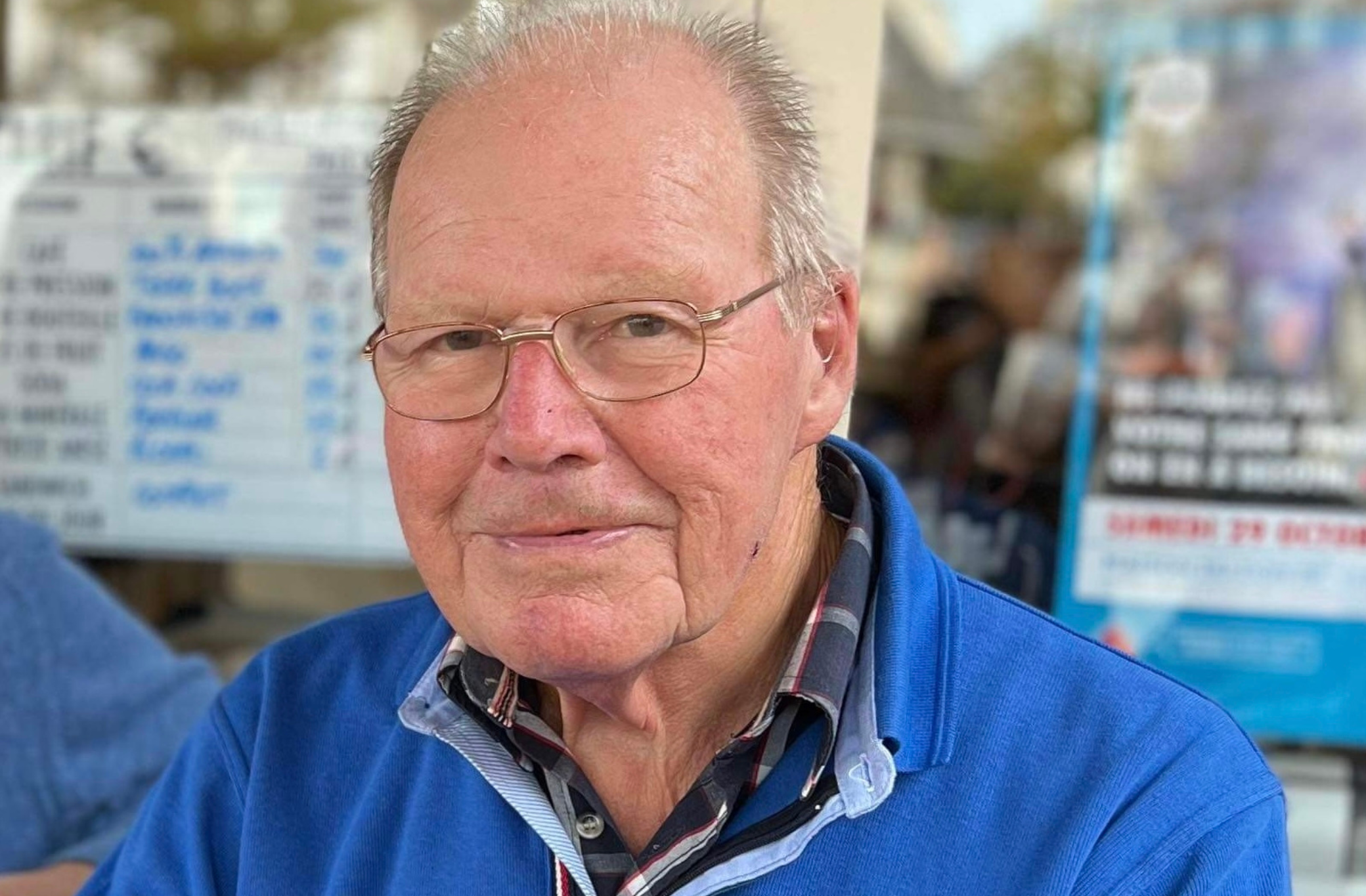
The Department for Work and Pensions has been criticised for more failures of communication after its much-maligned handling of the WASPI pension changes.
In a damning statement, the Parliamentary and Health Service Ombudsman (PHSO), Rebecca Hilsenrath, said the department was “failing to learn from its mistakes” as she revealed the case of a pensioner who was not told for eight years about a change to his payments that would leave him £3,000 a year worse off.
She urged the more than 10,000 pensioners who were on the scheme before it ended in 2020 to contact the DWP if they’d fallen victim to the bungle.
In December, the DWP accepted the PHSO’s finding of maladminstration in how it communicated changes to the state pension age to women born in the 1950s – many of whom campaigned for justice under the WASPI group. The DWP apologised following the report and said it will work with the Obudsman to ensure future changes are communicated well.
However, the department stopped short of accepting the recommendation to compensate those affected with secretary Liz Kendall saying the £10.5 billion cost of full compensation would not be proportionate “given the great majority of women knew that the State Pension Age was increasing.”

In Ms Hilsenrath’s latest findings relating to DWP conduct, Adrian Furnival, 82, found out in 2018 via an annual statement from the DWP that he would no longer receive Adult Dependency Increase (ADI) in two years. The change would make him over £250 a month worse off. He had been living in Brittany since 1994 with his wife Sheila, 67.
People who lived in the UK had been told about the change to ADI payments eight years earlier, in 2010. The PHSO found that the DWP failed to properly communicate the changes to Mr Furnival, and should have told him about the changes in 2010.
The Ombudsman recommended that the DWP apologise to Mr Furnival and pay him £675 for the “injustice” he suffered. She added that the department should pay comparable compensation to anyone who approaches them having faced a similar situation.
“Poor communication from Government departments damages trust in public services,” she said.
“DWP has a history of failing to communicate pension policy changes clearly and failing to learn from its mistakes. In Adrian’s case, this meant that, without the right information, he lost the opportunity to prepare for his retirement. It also caused him unnecessary financial worry.
“Anyone who believes they have had a similar experience to Adrian should contact DWP. DWP has complied with our recommendations and will provide a comparable remedy to anyone who approaches them with a similar situation.”

While the number of people living abroad and entitled to ADI is unknown, there were 10,817 people still in receipt of the benefit in 2019, a year before it was wound down. The benefit was a supplement given to households when the main earner reached state pension age, but their partner had not.
Mr Furnival, who was born in Bedford and served in the army, said: “It came as a shock to me. They sent the leaflet to us every year, so they could have told us at any point from 2010 onwards.
“The key issue for me is why I wasn’t told that my income would be going down by approximately £70 a week sooner. We only have our pensions as income, so we were worried about what we were going to do to make ends meet.
“If they had told us at the same time as everyone else, we could have had eight more years to plan for the shortfall. That would have given us enough time to do something, my wife or I could have tried to get a job. By 2018 we had no way of replacing that income.
“This could have been handled much better and I knew that it could well effect other people in the same situation. When I first queried it with DWP, they took nine months to reply and it felt like we just went round and round. Which is why I then raised it with my MP and brought my complaint to the Ombudsman.”
A DWP spokesperson said: “We are committed to supporting all pensioners both in the UK and abroad and we keep our processes under constant review. We will be considering what we can learn from this report.”







